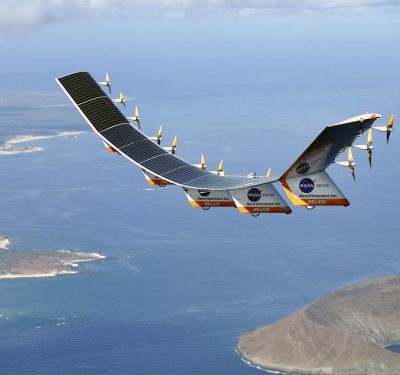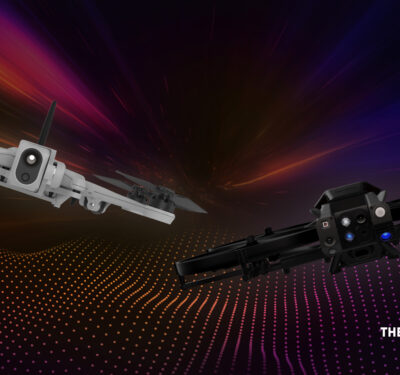
SAN DIEGO—General Atomics Aeronautical Systems Inc. successfully completed an air-to-air laser communication link between GA-ASI’s Laser Airborne Communication terminals integrated onto two company-owned King Air aircraft, the company announced Oct. 25. Laser communication is desirable for military applications because of its low probability of intercept and low probability of detection and anti-jam capability that can support much higher data rates than radio frequency systems.
“This air-to-air demonstration was a major success and marks a critical milestone for GA-ASI’s Lasercom development team,” said GA-ASI Vice President of Mission Payloads & Exploitation Satish Krishnan. “The success of this flight will pave the way for more opportunities to demonstrate crosslinks from aircraft to other platforms, including unmanned aircraft, maritime vessels and space systems.”
The aircraft flew out of Montgomery Field in Kearney Mesa, California on Sept. 26 and performed the test in segregated airspace near Yuma, Arizona. During the flight test, the team maintained a link at 1.0 Gigabits per second and exchanged data, including real-time navigation, video, and voice data.
GA-ASI has developed a family of optical communication capabilities and will play an important role in transitioning these capabilities to users in a variety of domains, from air to sea, the company said. It expects laser communications will enable remotely piloted aircraft produced by the company to perform beyond-line-of-sight communications for airborne, maritime and ground users who also use optical communications, as well as with future air-to-space optical communication applications.
This capability can be applied as a podded solution to the company’s full line of unmanned aircraft, including MQ-9B SkyGuardian and SeaGuardian, MQ-9A Reaper and MQ-1C Gray Eagle 25M.






